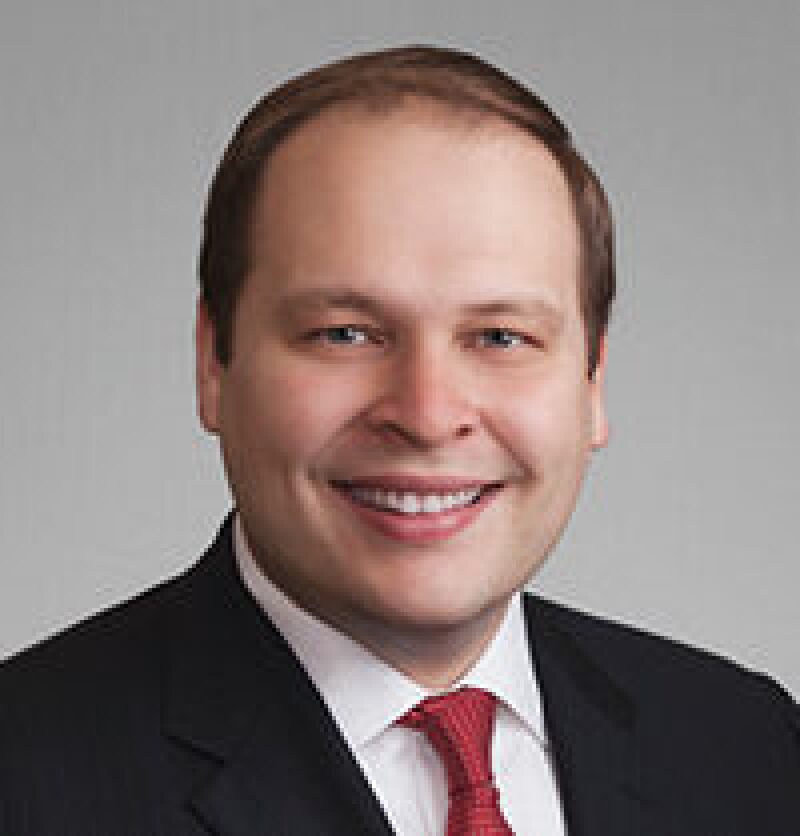
Welcome to the first TWA issue of 2015! Our goal for this issue is to provide an all-inclusive reference for entry-level graduates as they begin their careers, so it is jam-packed with terrific early-career guidance from industry leaders. Think of your career as a tall building: the stronger the foundation, the taller the building can be built. I especially urge you to read 2015 SPE President Helge Haldorsen’s eight dimensions to a successful career in the President’s Column.
Throughout your first few years in the industry, the advice that you acquire will replicate much of what is in this issue: continue your technical education, fine tune your “soft skills,” and build a mentorship network, to name a few. While these are all vital for a prosperous career in oil and gas, I defer to the words of our authors on these topics on the following pages. Instead, I’ll “give forward” four pieces of advice that I was once given, which have had the most profound impact on my career.
Finding the Yin for Your Yang
According to Facebook COO officer Sheryl Sandberg, “the most important career choice you’ll make is who you marry.” Having a spouse who supports—and revels in—your career choices can be reassuring and a fuel for confidence. Only by making sure there is compatibility between your and your partner’s domestic dreams and that both are secure in your roles (whatever those may be) can the whole be greater than the sum of its parts.
Too often, individuals fail to recognize the importance of this complementary partnership, but keep in mind that choosing a spouse will arguably also be your most important financial decision, lifestyle decision, and parenting decision. Never thought you’d get love advice from an SPE journal, did you?
Field Experience Adds Legitimacy
Perhaps the most enticing early decision you will want to make is to decide between a managerial or technical career ladder. I urge you to avoid making a premature decision; the single most defining characteristic of every successful engineer executive that I’ve witnessed is their ability to make decisions based on their own vast operational expertise. By leveraging their own individual experiences, they’re able to steer their career exactly where they want it to go.
Field experience can also be the most effective way an engineer can road-test a role. It is perfectly natural early in your career to be undecided about your discipline of focus; all the disciplines look (and are) rewarding in their own way, so it can be hard to choose one for the rest of your life. While this decision will take some time to crystallize, the invaluable experience you will gain along the way will forever pay dividends. Being able to articulate your thoughts in the technical jargon of the other team members because you walked in their shoes at some point in your career can be an indispensable weapon.
Always Have Control of Your Career
I am not the prototypical engineer, meaning I never took the classical engineering curriculum in my undergraduate degree or had the types of internships that are typical of résumés in our industry, so I spent the first years of my career addressing my perceived weaknesses (through rotational assignments and coursework) seeking self-validation through any means possible.
In retrospect, my sentiments were unfounded—everyone is different, and that’s just fine—but they serendipitously fueled me to assess and address my actual weaknesses. Self-knowledge is a powerful tool. By continuously evaluating your strengths and weaknesses, you’ll be able to plan your future around your strengths while at the same time identify any potential weakness that could be an Achilles’ heel for your career.
In line with this assessment, it would be to your advantage to create a list of short-, medium-, and long-term career goals. Then, by comparing those goals with your self-assessment you’ll be able to create an action list of steps to take to best position yourself for success.
Utilize SPE—A Lot
I can’t count how many times the first sentence upon my meeting someone is, “Do you know such-and-such person?” It is unquestionably the industry’s icebreaker of choice and speaks to the interconnectedness of the oil patch. For being such a global industry, it sure does feel small and intimate, and you can use it to your advantage.
Every volunteer role that I’ve had within SPE, from the local chapter to the international level, has yielded not only professional contacts but also lifelong friends. While the technical motives are obvious, by maintaining an activity level within SPE, you’re also sowing the social seeds that will bear fruit in bushels later on in your career. Remember that the next time you’re caught on the receiving end of the industry’s favorite icebreaker.
With all that said, congratulations on graduating! These are exciting times of limitless possibilities. By taking the bricks others offer you from their foundation, you’ll be ahead of the curve toward realizing your wildest dreams. Now the fun begins!


